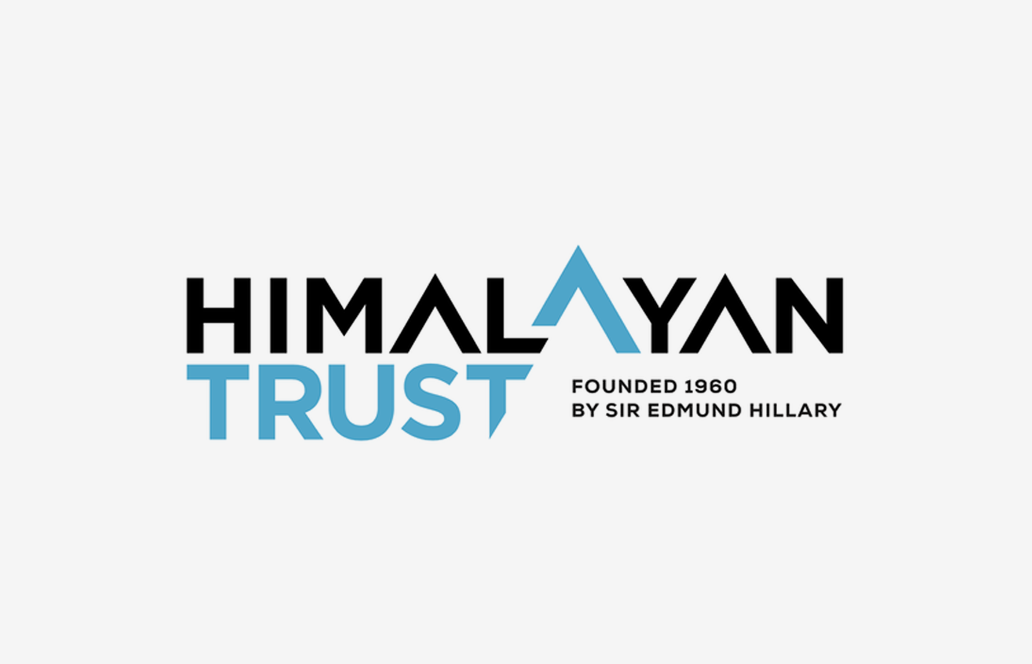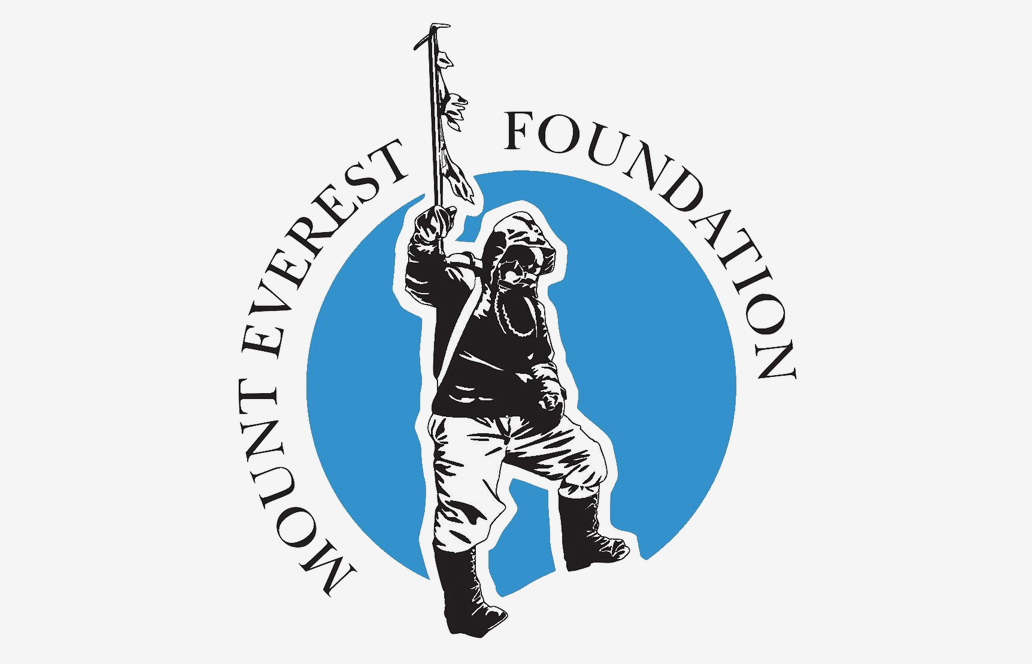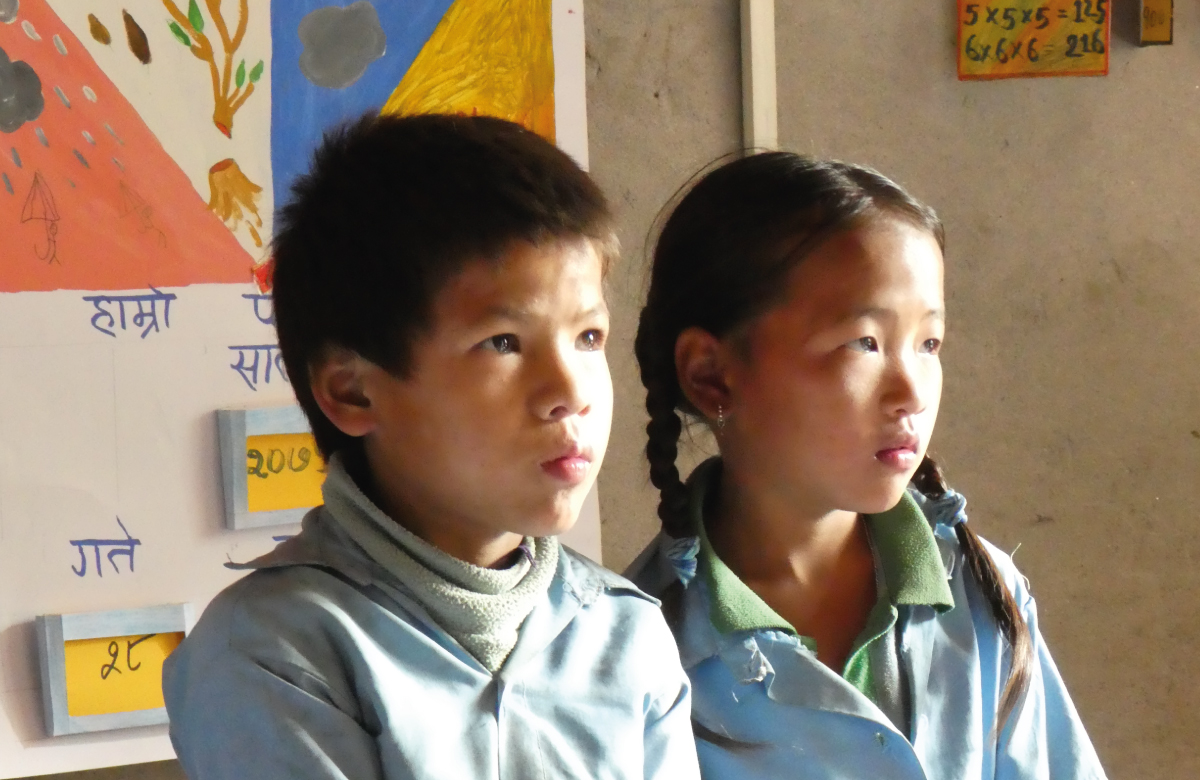In February 1956 The Duke of Edinburgh’s Award was established. It would be for boys aged 15-18. It was administrated, and largely first designed by John Hunt, in conjunction with the Duke of Edinburgh and Kurt Hahn. Following the successful ascent of Mount Everest, John Hunt retired from the army, having been invited by the Duke of Edinburgh to become the first Director of the scheme.
The programme was designed to attract boys who had not been interested in joining one of the main British youth movements at the time, such as The Scout Association. The DofE didn’t require its young people to ‘join’ any organisation, or wear a uniform in order to participate. In the first 12 months, 7,000 boys had begun their DofE programme.

In November 1957 it was announced that girls may be invited to participate. On Thursday 19th June 1958 The Duke of Edinburgh’s Award was extended to girls, with the first girls joining from 1 September 1958. The programme for girls was not the same as that for boys, and was for ages 14-20. The first girls received their Gold Awards for 3 November 1959 at Buckingham Palace. From January 1965, the Gold programme for boys and girls was made more similar, but still with minor differences for different genders. The first Gold Awards were achieved in 1958, and the charity was established in 1959. A single programme for young people aged 14-21 was launched in 1969, and extended to those up to 25 years of age in 1980.
Diversity of participants
The Duke of Edinburgh’s Award offers all young people a route map through the transition from adolescence to adulthood. Everyone needs this. Everyone benefits. We work hard and put great efforts into ensuring that disadvantaged and excluded young people have equal opportunities to take part.

Employability
The Duke of Edinburgh’s Award was originally designed to be a link between schools and the workplace, giving young people the chance to develop skills outside of the classroom. This is still true today, making the DofE just as relevant now as it was in 1956.
Through young people’s Volunteering section and adult Leaders’ time, the DofE contributes over £97 million to society every year.
We are now working with a wide range of employers in the UK to give more young people the opportunity to do their DofE and develop essential skills for work. Increasingly, employers are looking for DofE Award holders when they recruit. British Gas formally recognises the DofE in its recruitment process and Amey plc guarantees to give interviews to Gold Award holders that apply to work for the company.
A life-changing experience
Participating in a DofE programme inspires, guides and supports a young person in their self-development and the Award itself recognises their achievement. The research also told us that doing the DofE can be a life-changing experience for young people. Anyone aged between 14 and 24 can do a programme at one of three progressive levels which, when successfully completed, lead to a Bronze, Silver and Gold Duke of Edinburgh’s Award. There are four sections at Bronze and Silver level and five at Gold.

With assistance from DofE Leaders, participants select and set objectives in each of the following areas: Last year, around 7,000 young people attended a national Gold Award Presentation – with guests – that is over 16,000 people at these events! Demand continues to rise year on year – the number of young people achieving Awards has risen by 38% over the last five years.
Volunteering: undertaking service to individuals or the community.
Physical: improving in an area of sport, dance or fitness activities.
Skills: developing practical and social skills and personal interests.
Expedition: planning, training for and completion of an adventurous journey in the UK or abroad. At Gold level, participants must do an additional fifth Residential section, which involves staying and working away from home doing a shared activity.
For more information go to www.DofE.org










